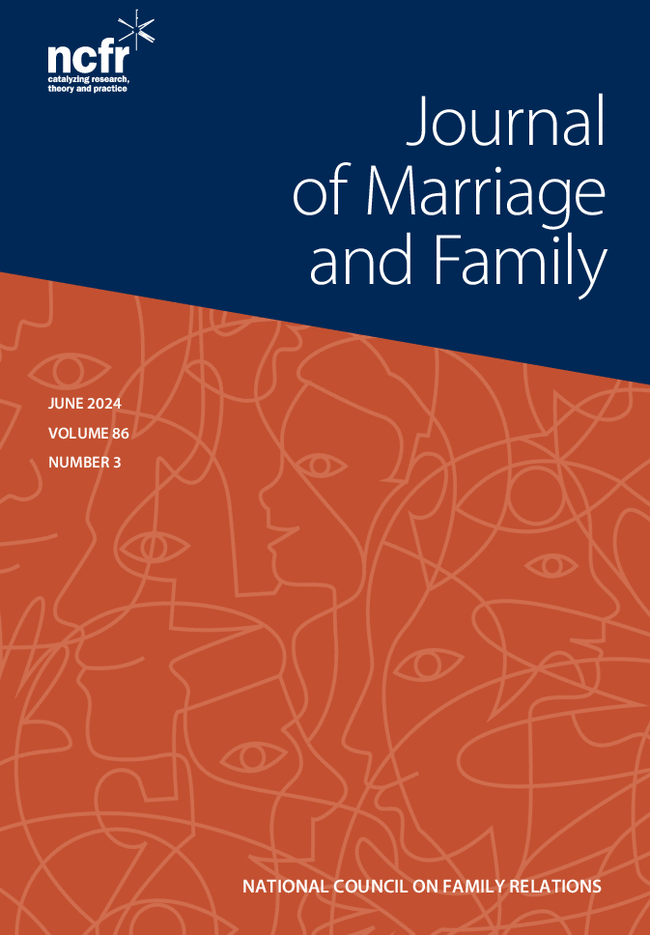Surveilling system exposure and parental institutional disengagement
Abstract
Objective
We analyze the degree to which parents' direct and vicarious exposure to the Criminal Justice System (CJS), Child Support Enforcement (CSE), and Child Protective Services (CPS) is associated with disengagement from formal institutions.
Background
Exposure to social control systems is pervasive in the US, disproportionately impacting socioeconomically disadvantaged families and communities of color. While links between CJS exposure and institutional disengagement are well established, similar features of CSE and CPS contact provide strong theoretical reasons to anticipate similar associations.
Method
Using data from both mothers and fathers in the Future of Families and Child Wellbeing Study, we conducted a series of multivariate regressions to model institutional disengagement as a function of prior recent contact with the CJS, CSE, and CPS. Models incorporate both direct and vicarious contact and stratify by parental coresidence to capture implications for family systems.
Results
We find evidence of greater institutional disengagement among parents with direct CJS involvement, fathers at risk of CSE contact, and mothers with CPS exposure. While fathers' recent conviction or incarceration was linked with maternal institutional disengagement, we find no such associations with vicarious system contact among fathers, nor for the two other forms of system contact.
Conclusion
This study expands the robust literature identifying how CJS involvement reshapes engagement with a wide range of other institutions, suggesting that contact with other systems with the authority to surveil and punish may similarly disrupt how families navigate institutions and secure important resources.


 求助内容:
求助内容: 应助结果提醒方式:
应助结果提醒方式:


